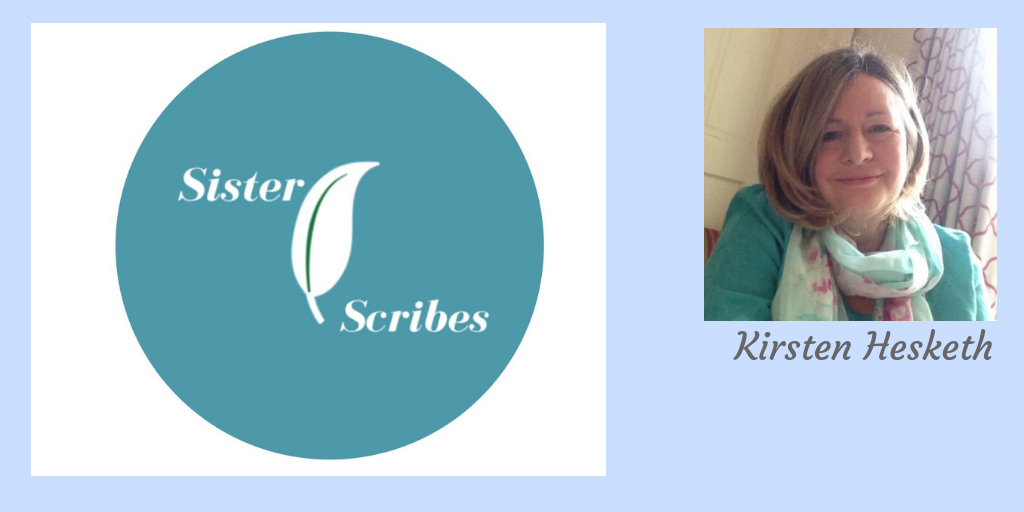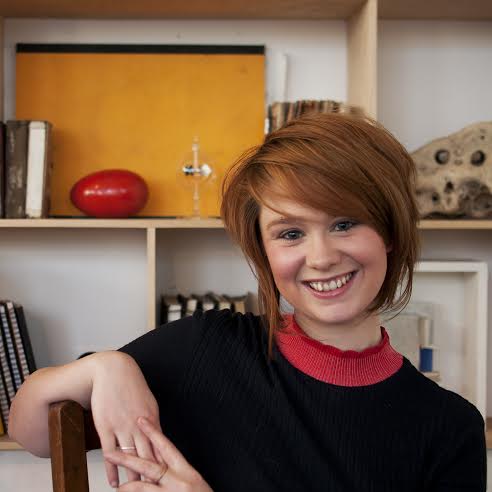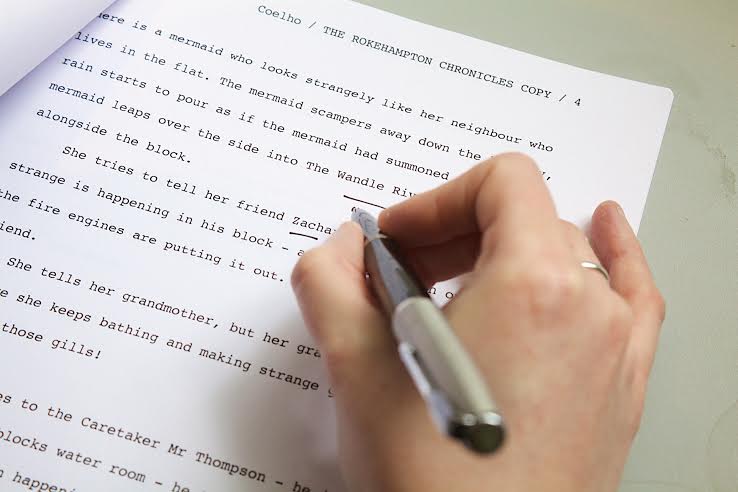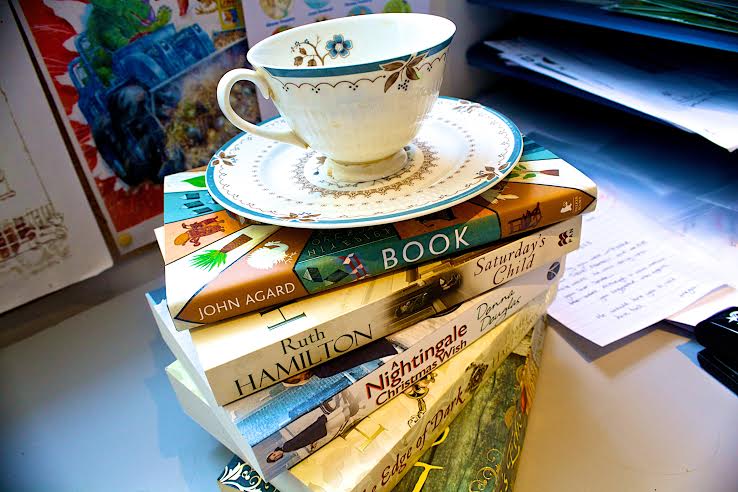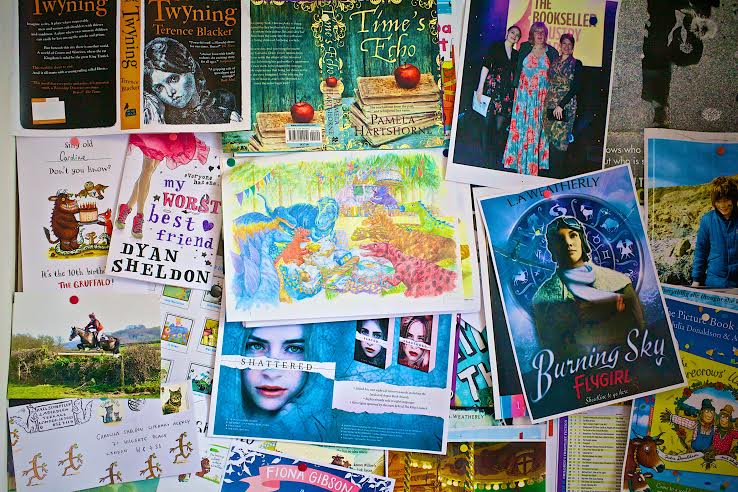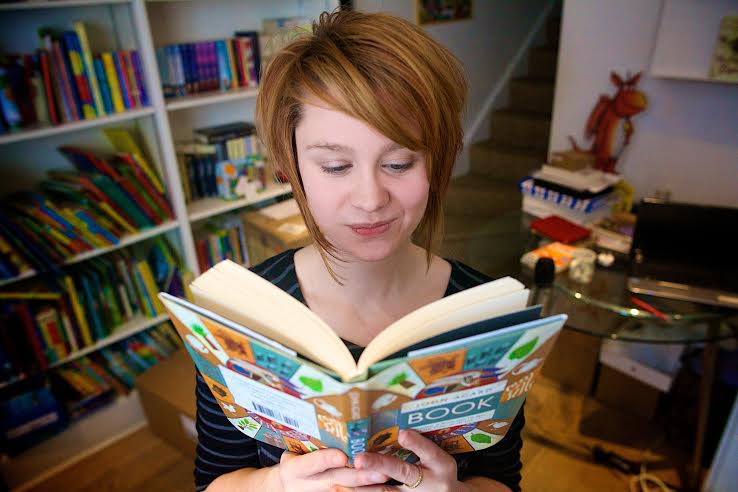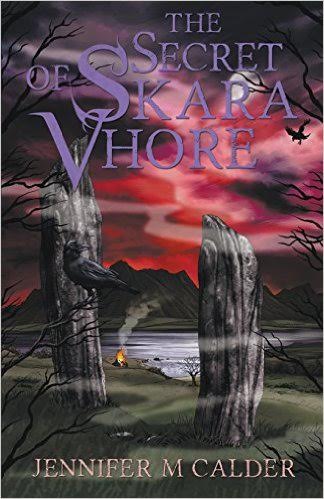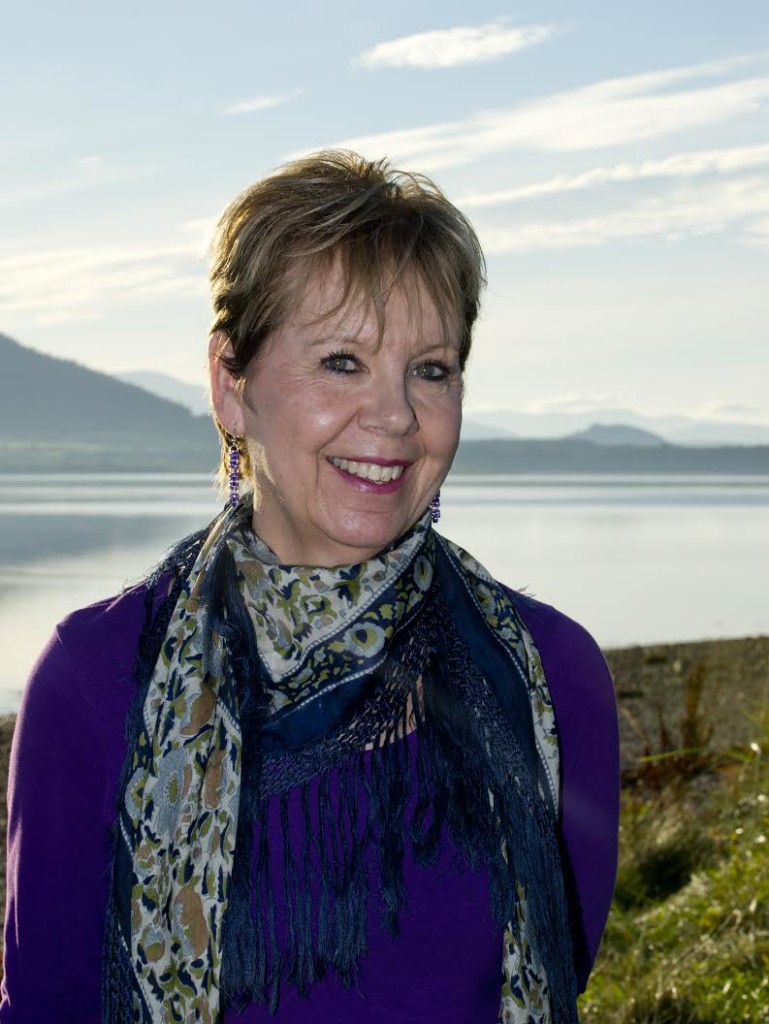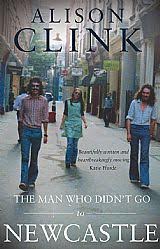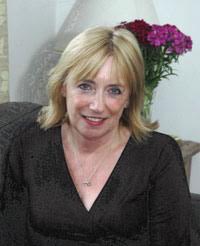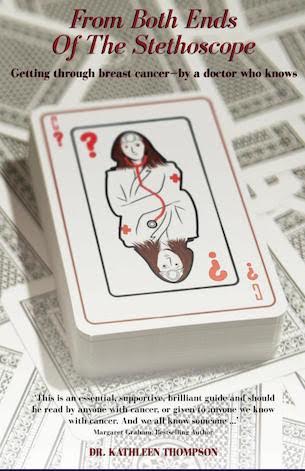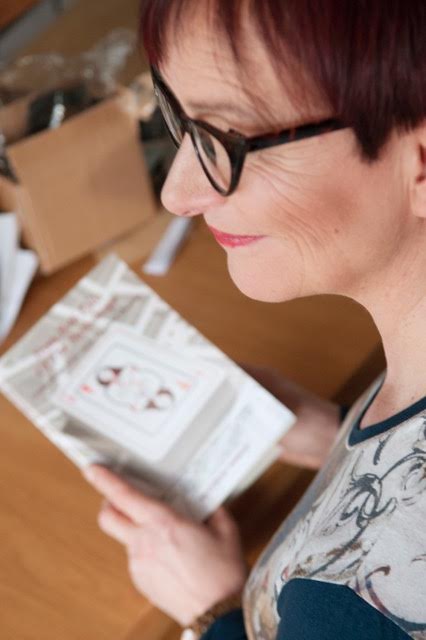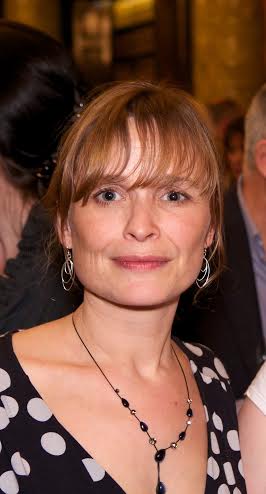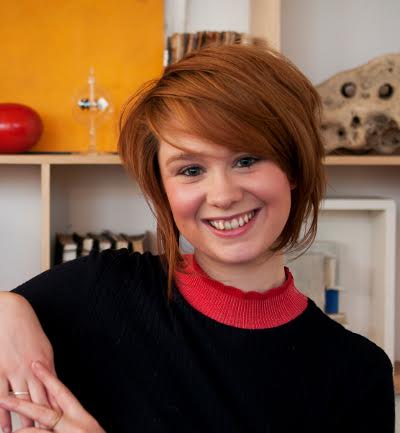The second Sister Scribe I have pleasure in introducing is Kirsten Hesketh. Actually, she’s done a fab job of introducing herself… except she’s failed to mention that she’s kind, generous, funny and super-bright… and two glasses of sherry and a limoncello generally put her under the table.
Hello!
My name is Kirsten Hesketh and I am a novelist living in beautiful Henley-on-Thames. I am absolutely delighted to be part of Sister Scribes and I’m very excited to see how the project unfolds over the next weeks and months.
In fact, between you and me, I’m also feeling a twinge of Imposter Syndrome as I am the only one amongst our number who has yet to be published. Shhh … maybe they haven’t realised! Seriously, though, I hope my dispatches from the querying trenches will be interesting and entertaining: after all, isn’t it as much about the journey as the destination?
Anyway, a little about me.
My debut novel, Another Us, is the – hopefully! – poignant and funny story of a marriage at breaking point. Emma and Daniel’s son Jack has been diagnosed with Asperger Syndrome and Emma is horrified to discover that 80% of such marriages fall apart. I am neuro-typical – if there is such a thing! – but one of my children was diagnosed with mild Asperger Syndrome when he was ten. My book starts pretty close to where we were as a family at that time (with an extra child added in for good measure) but quickly moves into ‘what if?’ territory – exploring the impact of the diagnosis on the family and the marriage.
I wrote the book in fits and starts, slotting it around my day job as a marketing consultant. I made every writing mistake possible – trying to get it right before getting it written (painstakingly polishing passages that didn’t even make the final cut) and sending it out to agents as soon as I’d finished the first draft. I don’t think it really had a plot. Let alone a narrative arc!
About this time, I joined Twitter and started to discover that fellow writers really are the most generous and lovely bunch. Twitter led me to the Romantic Novelists’ Association (RNA) New Writers’ Scheme, which in turn led me to the RNA conference. The RNA conference led me to delightfully raucous kitchen parties, sore head … and the other Sister Scribes. And along the way, I have met some truly inspirational women writers and poets and I am very excited to be introducing some of them to you in due course …
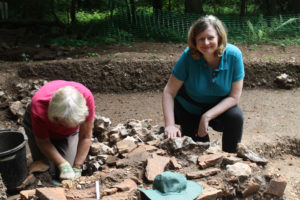 Once I had worked out what Another Us was really about. I redrafted and polished it and I started pitching to agents again. That was nerve-wracking, but once I’d received the first couple of rejections, I started to enjoy the process. I was lucky enough to have a little flurry of interest and I chose to sign with Felicity Trew from the Caroline Sheldon Literary Agency who, interestingly, I had heard speak at the RNA conference. Felicity is advocate, enabler, co-conspirator and therapist all in one and I can’t wait to find out what happens next.
Once I had worked out what Another Us was really about. I redrafted and polished it and I started pitching to agents again. That was nerve-wracking, but once I’d received the first couple of rejections, I started to enjoy the process. I was lucky enough to have a little flurry of interest and I chose to sign with Felicity Trew from the Caroline Sheldon Literary Agency who, interestingly, I had heard speak at the RNA conference. Felicity is advocate, enabler, co-conspirator and therapist all in one and I can’t wait to find out what happens next.
I’m now working on my second novel – affectionately titled Muddy Milly – which is set on an archaeological dig and is about a woman facing up to traumas in her past. My hubbie and I are heavily involved in a Roman dig near where we live in the Chilterns and I absolutely love it – the excitement, the camaraderie, the gentle exercise, the beautiful woodland. I’m really looking forward to March when the season starts again …
I’m a proud member of Reading Writers and am currently their treasurer and I’m still a member of the RNS New Writers’ Scheme. I am very much looking forward to the conference in the summer (although my liver is not).
I’m very much looking forward to meeting you all over the coming weeks and months.
Kirsten xx
Follow Kirsten on Twitter @Kirsten_Hesketh

